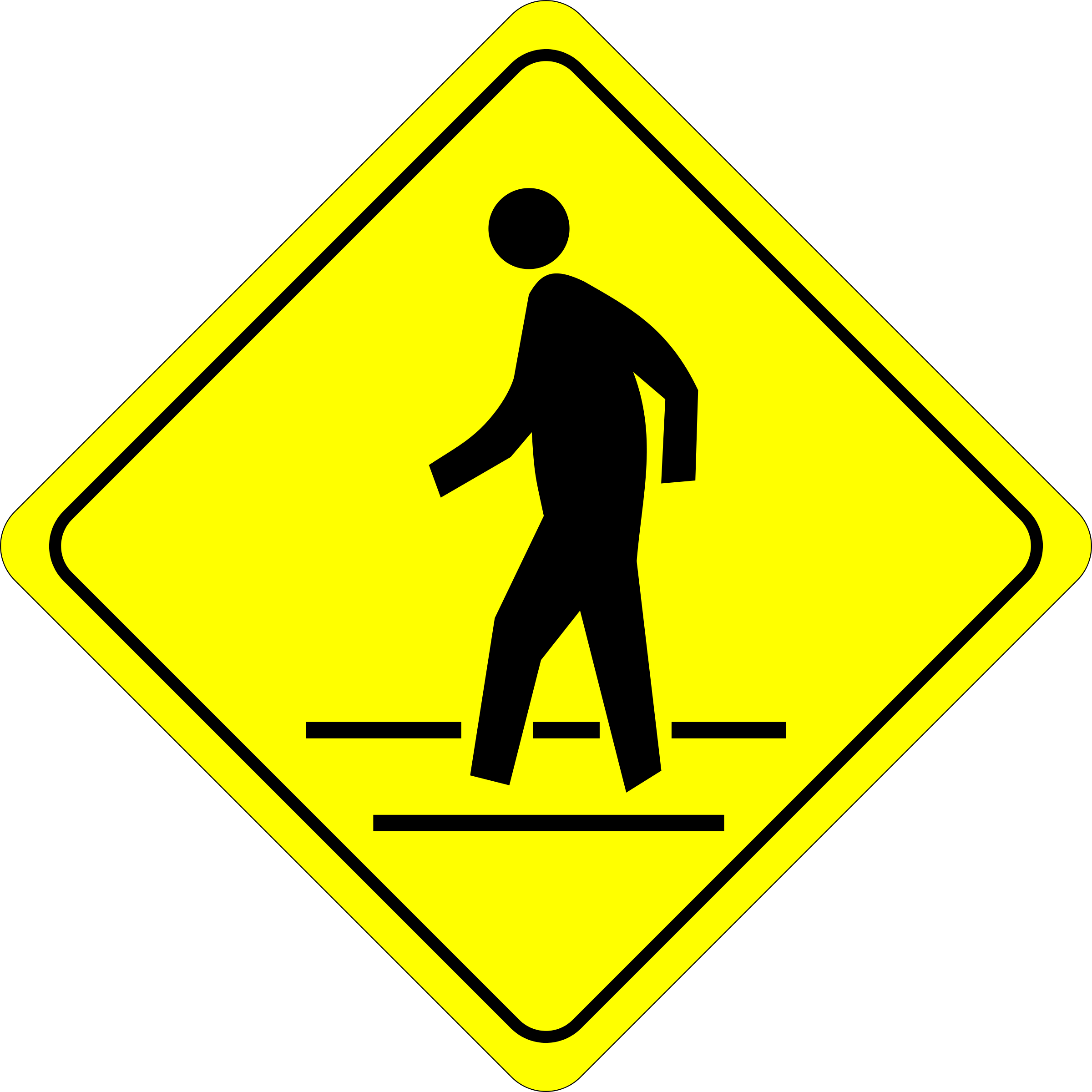NC – Watch Out For Your Pedestrians
Wednesday, April 30th, 2014 While preferences vary when it comes to transportation, everyone is a pedestrian at some time, and most know to keep their distance from moving traffic. Unfortunately, according to data released by the National Highway Traffic Safety Administration, about 69,000 pedestrians got hurt and 4,432 were killed in traffic crashes in the United States in 2011. This means that on average every two hours a pedestrian was killed and about every eight minutes, a pedestrian got hurt in traffic in 2011.
While preferences vary when it comes to transportation, everyone is a pedestrian at some time, and most know to keep their distance from moving traffic. Unfortunately, according to data released by the National Highway Traffic Safety Administration, about 69,000 pedestrians got hurt and 4,432 were killed in traffic crashes in the United States in 2011. This means that on average every two hours a pedestrian was killed and about every eight minutes, a pedestrian got hurt in traffic in 2011.
In North Carolina alone more than 2,400 pedestrians are hit by vehicles each year, about 160 out of this number are killed. This number represents about 12% of all traffic fatalities that occur on North Carolina roads.
While Pedestrians should not rely on their rights in traffic being observed by drivers, drivers need to be aware of pedestrians’ rights and the traffic laws protecting the weakest of our road users, and drivers need to pay attention especially to young children and older adults, because they are more likely to stray outside crosswalks and not pay attention to traffic signals or the traffic in general.
Pedestrians’ rights and duties are addressed in Chapter 20, Article 3, Part 11 of the North Carolina General Statutes (hereinafter N.C.G.S.).
N.C.G.S. § 20-172 Pedestrians subject to traffic-control signals.
(a) The Board of Transportation, with reference to State highways, and local authorities, with reference to highways under their jurisdiction, are hereby authorized to erect or install, at intersections or other appropriate places, special pedestrian control signals exhibiting the words or symbols “WALK” or “DON’T WALK” as a part of a system of traffic-control signals or devices.
(b) Whenever special pedestrian-control signals are in place, such signals shall indicate as follows:
(1) WALK. – Pedestrians facing such signal may proceed across the highway in the direction of the signal and shall be given the right-of-way by the drivers of all vehicles.
(2) DON’T WALK. – No pedestrian shall start to cross the highway in the direction of such signal, but any pedestrian who has partially completed his crossing on the “WALK” signal shall proceed to a sidewalk or safety island while the “DON’T WALK” signal is showing.
(c) Where a system of traffic-control signals or devices does not include special pedestrian-control signals, pedestrians shall be subject to the vehicular traffic-control signals or devices as they apply to pedestrian traffic.
(d) At places without traffic-control signals or devices, pedestrians shall be accorded the privileges and shall be subject to the restrictions stated in Part 11 of this Article.
N.C.G.S. § 20-173 Pedestrians’ right-of-way at crosswalks
(a) Where traffic-control signals are not in place or in operation the driver of a vehicle shall yield the right-of-way, slowing down or stopping if need be to so yield, to a pedestrian crossing the roadway within any marked crosswalk or within any unmarked crosswalk at or near an intersection, except as otherwise provided in Part 11 of this Article.
(b) Whenever any vehicle is stopped at a marked crosswalk or at any unmarked crosswalk at an intersection to permit a pedestrian to cross the roadway, the driver of any other vehicle approaching from the rear shall not overtake and pass such stopped vehicle.
(c) The driver of a vehicle emerging from or entering an alley, building entrance, private road, or driveway shall yield the right-of-way to any pedestrian, or person riding a bicycle, approaching on any sidewalk or walkway extending across such alley, building entrance, road, or driveway.
N.C.G.S. § 20-174 Crossing at other than crosswalks; walking along highway
(a) Every pedestrian crossing a roadway at any point other than within a marked crosswalk or within an unmarked crosswalk at an intersection shall yield the right-of-way to all vehicles upon the roadway.
(b) Any pedestrian crossing a roadway at a point where a pedestrian tunnel or overhead pedestrian crossing has been provided shall yield the right-of-way to all vehicles upon the roadway.
(c) Between adjacent intersections at which traffic-control signals are in operation pedestrians shall not cross at any place except in a marked crosswalk.
(d) Where sidewalks are provided, it shall be unlawful for any pedestrian to walk along and upon an adjacent roadway. Where sidewalks are not provided, any pedestrian walking along and upon a highway shall, when practicable, walk only on the extreme left of the roadway or its shoulder facing traffic which may approach from the opposite direction. Such pedestrian shall yield the right-of-way to approaching traffic.
(e) Notwithstanding the provisions of this section, every driver of a vehicle shall exercise due care to avoid colliding with any pedestrian upon any roadway, and shall give warning by sounding the horn when necessary, and shall exercise proper precaution upon observing any child or any confused or incapacitated person upon a roadway.
Failure to obey any these laws is an infraction pursuant to N.C.G.S. § 20-176 (a) and if convicted, punishable to pay a fine of up to one hundred dollars ($100) pursuant to N.C.G.S. § 20-176 (b).
If you or someone you know is charged with an infraction in Southeastern North Carolina, in or around Wilmington, NC in New Hanover County, Brunswick County, or Pender County, and call the experienced team at Collins Law Firm for a confidential consultation at: 910-793-9000![]() .
.
By Jana H. Collins, Office Manager

 The U.S. prison population is six to ten times as high as in most Western European nations and many say that this is because of the Unites States War on Drugs. More than 749,000 people were arrested in the United States for marijuana-related offenses alone in the year 2012.
The U.S. prison population is six to ten times as high as in most Western European nations and many say that this is because of the Unites States War on Drugs. More than 749,000 people were arrested in the United States for marijuana-related offenses alone in the year 2012.